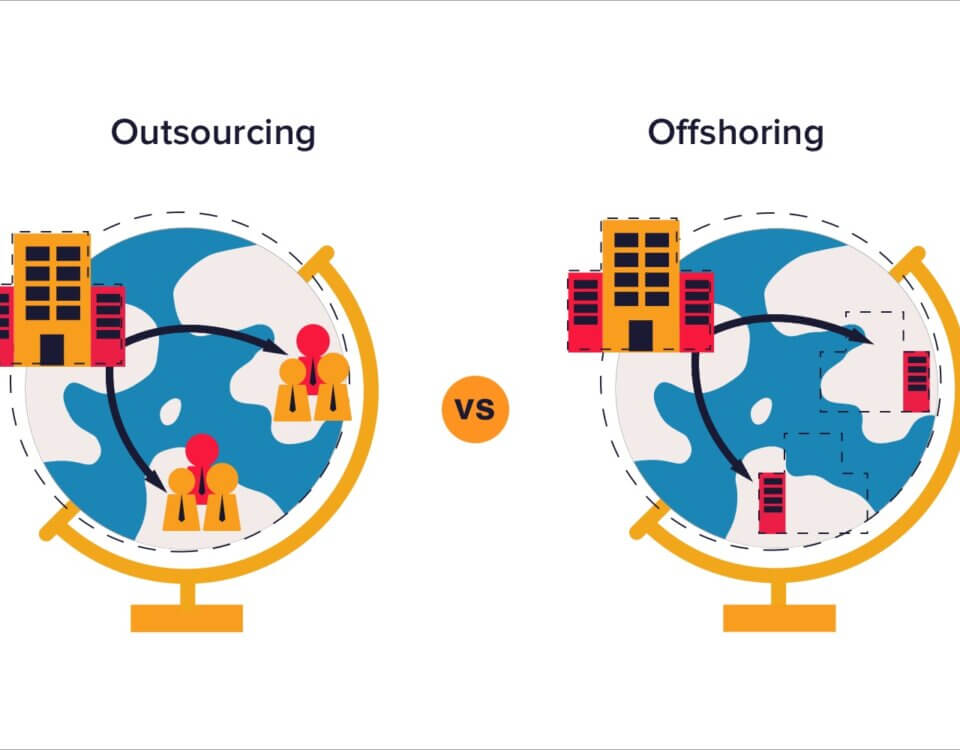
Augmenting the Employee Onboarding Experience
April 8, 2021
SaaS 101: The Basics of Software as a Service (SaaS)
April 16, 2021Breaking Gender Gaps in the Tech Industry
On March 24, Webpuppies CEO Abhii Dabas spoke at a webinar hosted by the Department of Information and Communications Technology (DICT) entitled “Breaking Gender Gaps in the Tech Industry”. The event, which was part of the celebration of International Women’s Month, focused on encouraging more women to enter and thrive in the tech industry.
Digital transformation brought significant changes to people’s daily lives. However, one issue that still needs to be addressed is the gender gap in the tech industry. Abhii noted that women make up a huge portion of the global workforce. In the United States alone, 47% of employees are women. Yet despite women’s major contributions in various industries, only 28% of them are in the tech industry. In Southeast Asia, only 32% of women work in tech, while only 35% of them occupy high management positions. The big picture shows that women’s capabilities are still not being fully utilized in the tech space.
Technology can Bridge the Gender Gap
For Abhii, the gender gap in the tech industry is caused by several factors, including lack of education, job opportunities, interest levels, women’s sacrifices in their personal lives, and gender discrimination in the workplace.
With the right mindset and support from the public and private sectors, technology has the potential to solve the gender gap in the tech industry, allowing more women to perform tech-related jobs. Technology can be a great equalizer in terms of accessibility, democratizing learning and information, and helping overcome discrimination.
We can see how technology has already improved the lives of some groups of women. In the wake of the Covid-19 pandemic, more women are now able to work from home, allowing them to earn income and perform their home duties. Technology has also paved the way for women to express themselves and promote their small businesses or start-ups.
One of the highlights of Abhii’s talk was the success stories of women in the tech industry. He mentioned stories of women CEOs from big international companies and the journeys of budding women entrepreneurs from startups. The stories shed light on the things women need to focus on if they want to succeed in the tech space - focus on helping other people, create a bigger impact on others, and use past situations as motivators.
An important question that women need to think about is “What kind of problem do you want to solve?” The tech industry tends to be male-dominated and addressing a specific problem would create more stable opportunities for women. Consider looking at a digital solutions company. Although the majority of its employees may be software engineers who deal with coding, there are other key players inside the organization that drive the business, such as marketing associates, content writers, project managers, and sales executives. These are the opportunities that women can look at.
Towards a more Gender-Inclusive Tech Industry
More companies are now making efforts to close the gender gap in the tech industry. For example, online dating app Bumble has 85% women employees. Eighty percent of their executive members are also women.
A more pressing challenge now lies with employers who have to abandon gender biases to empower women at all levels of the tech workforce. Major industry players should also focus less on numbers because it is not enough to just put more women in tech companies.
Companies should be strict in implementing their rules against discrimination, and provide a conducive working environment for women so that they can execute their innovative ideas and be capable leaders.
The bottom line: Women have so much to offer in the tech industry. Technology is a powerful tool that can either hinder their success or propel them to move forward. Accomplishing the latter will not only improve women’s lives but also bring positive changes to the tech space.




